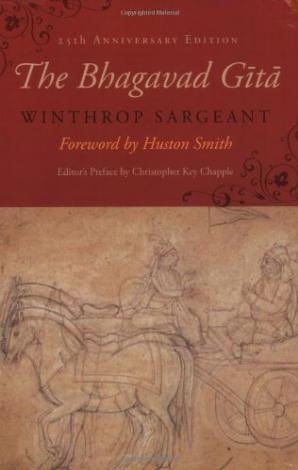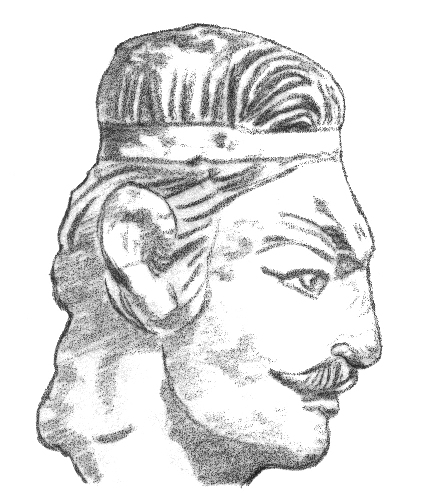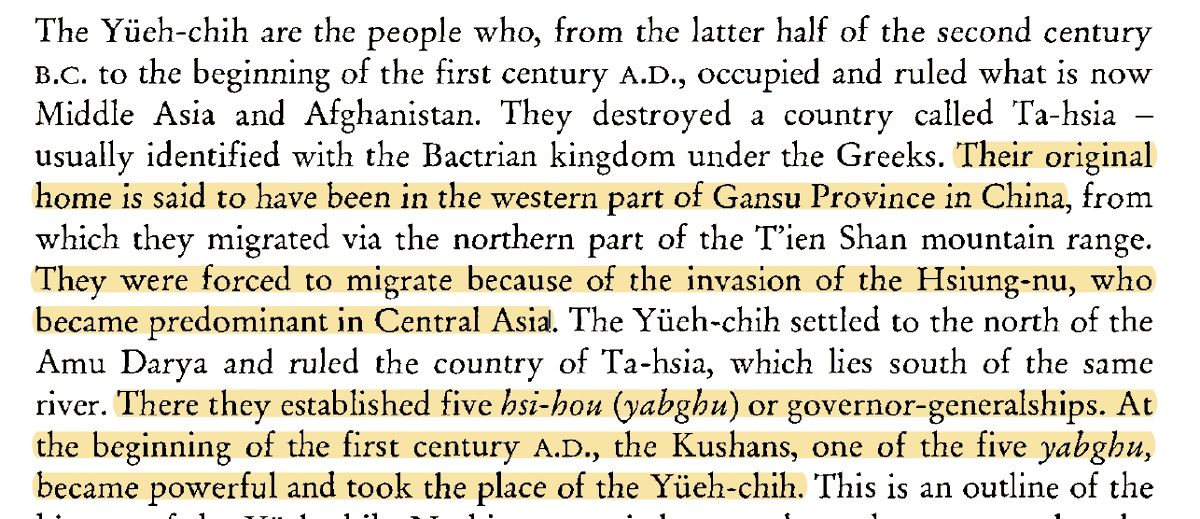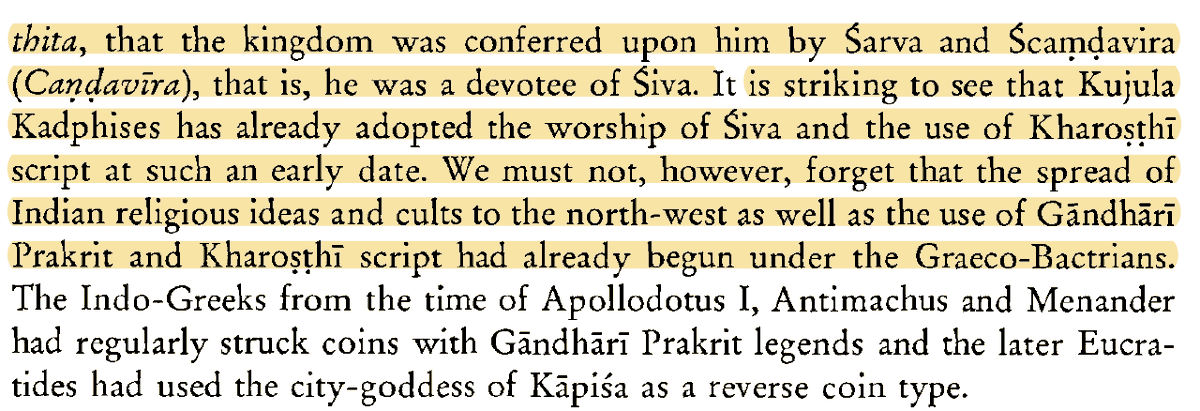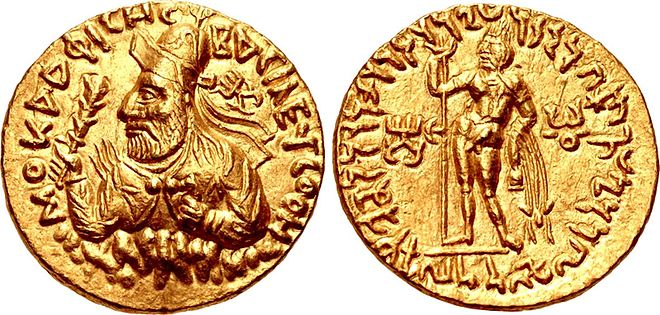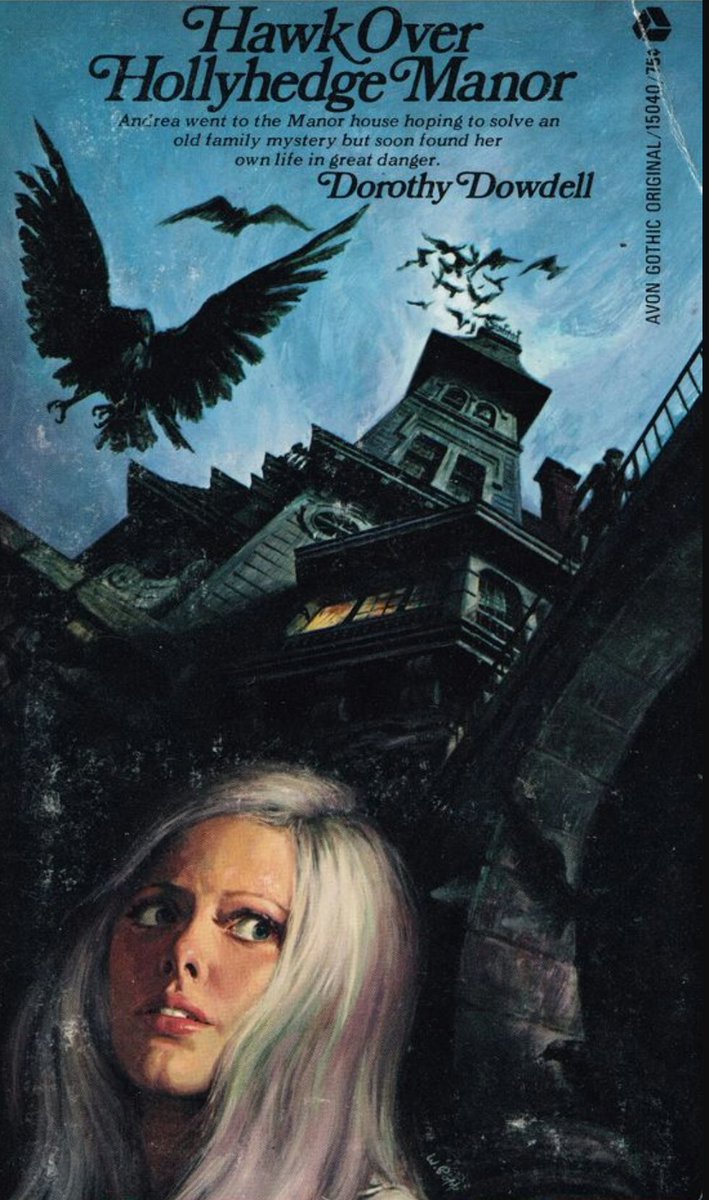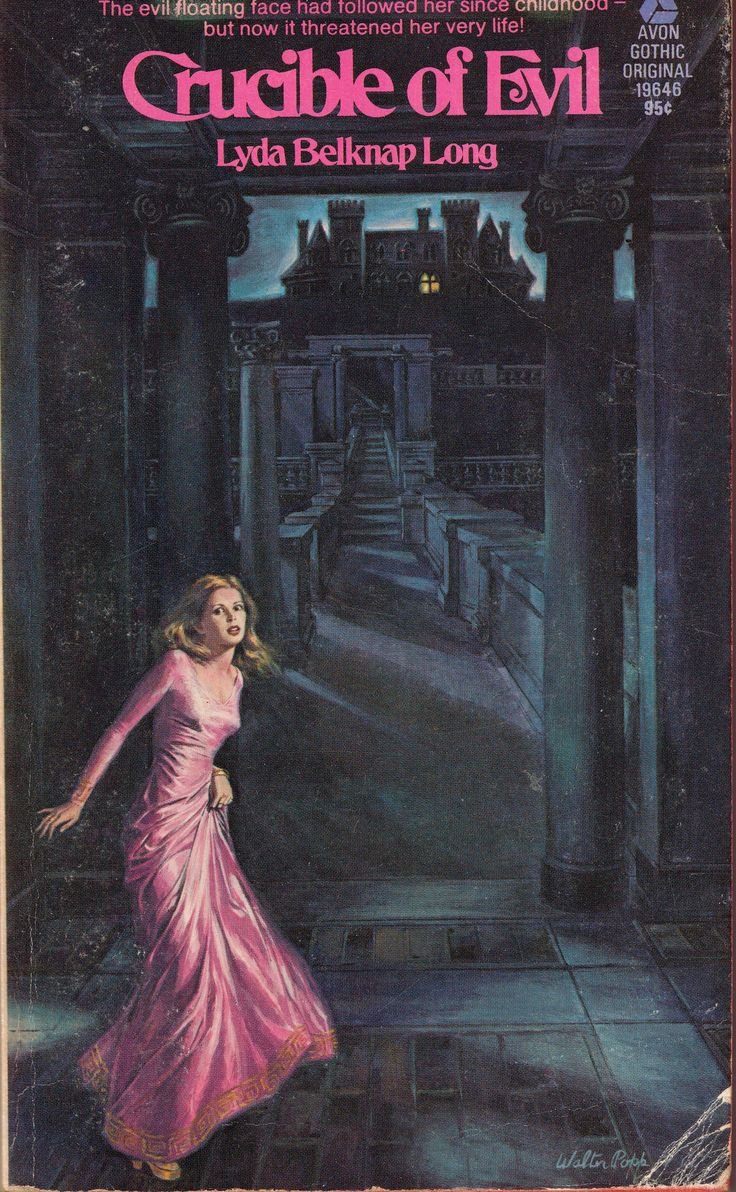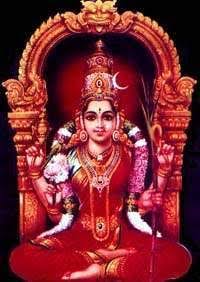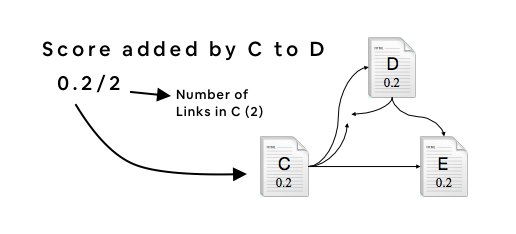https://t.co/ObBUHIijl6
Thread on best books + readers to learn Sanskrit. I will list only books I have read & their pros and cons.
1. Samskrita Bharati (4 Part Series)
This is by far the best structured english course to learn to read, speak & write Sanskrit. The material is well-structured.
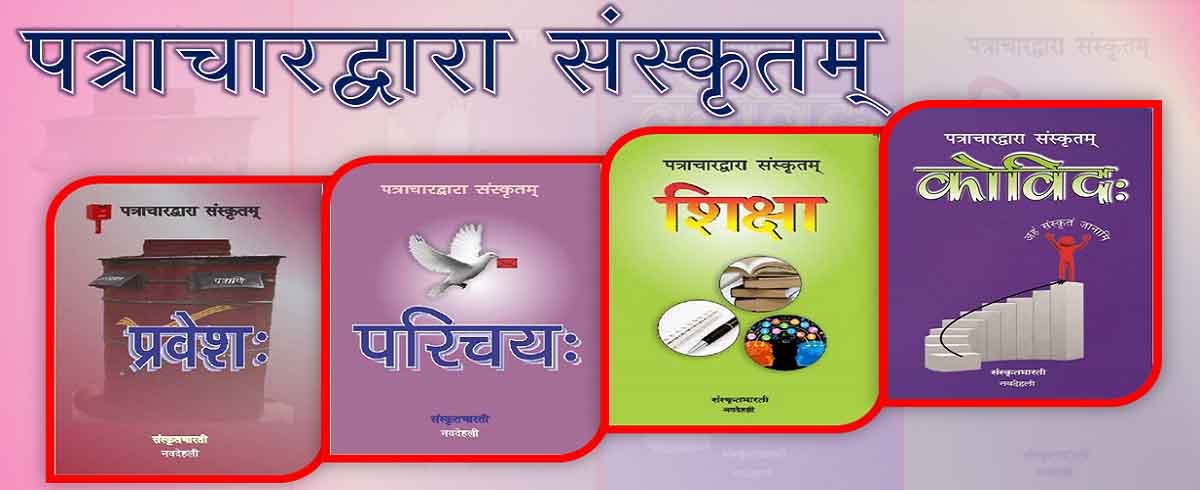
https://t.co/ObBUHIijl6
This is the second best immersive-learning series. There are 2 parts and progression is gradual. The advantage is it is entirely in Hindi, so the 1:1 syntax + vocab connect for native speakers is instant, Hindi being a daughter of Sanskrit.
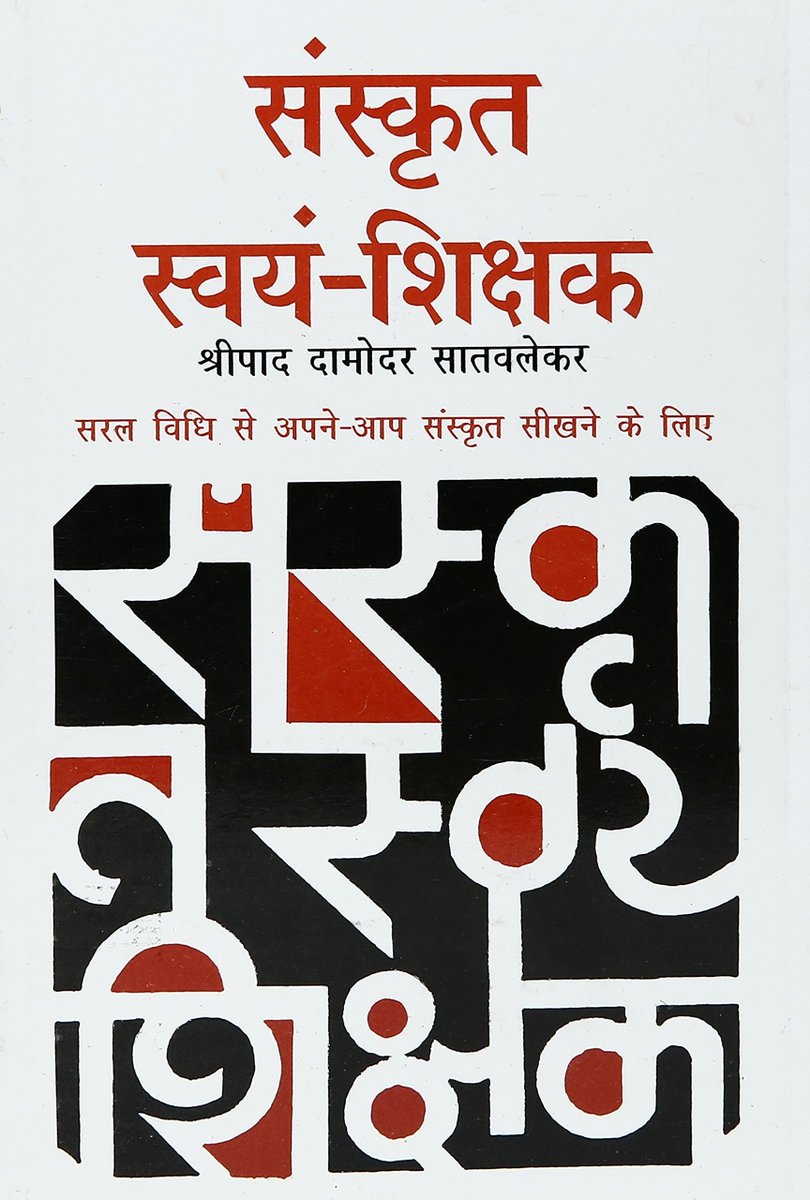
https://t.co/YphIWzXpNX
This is an amazing course. The best to learn Sanskrit for Americans/Europeans & an excellent one for Indians to use to learn the western grammar terminology. Best part about it? It is extremley long & has at least 100 pages of Sanskrit.
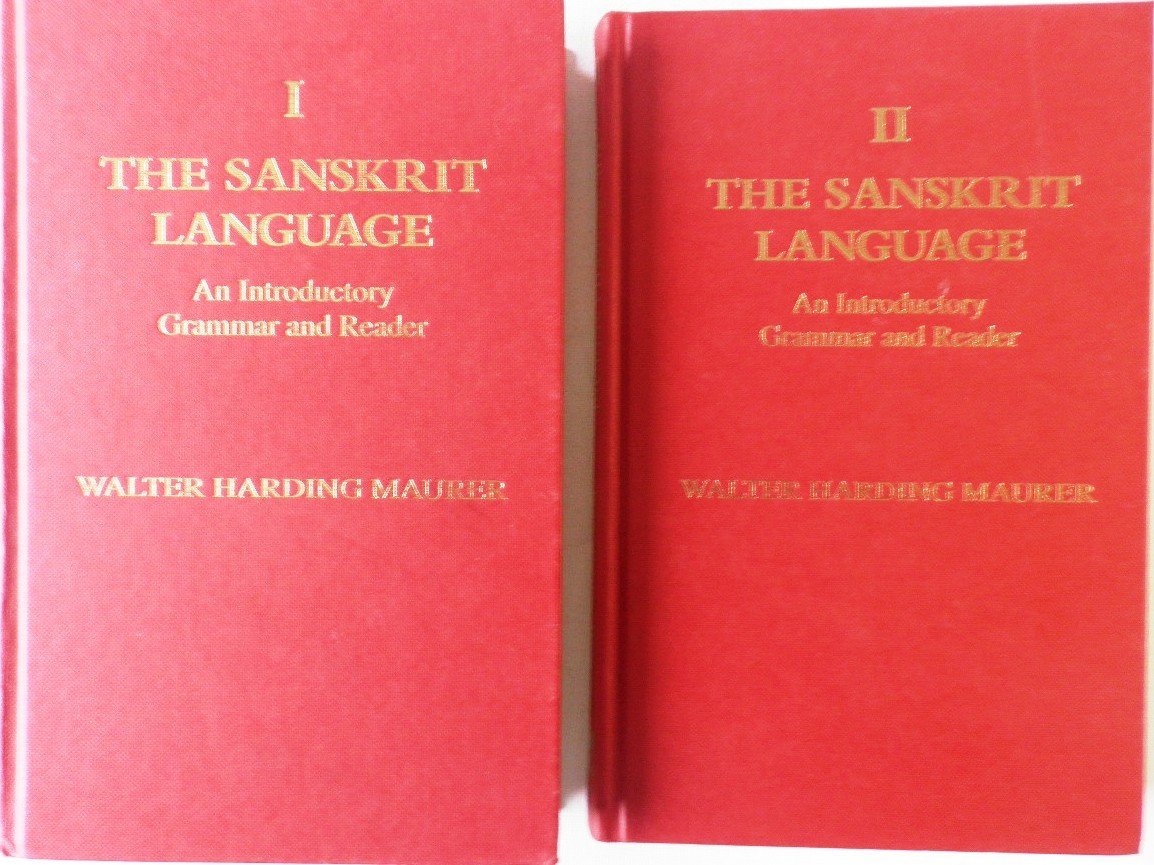
This is a recent book, so very updated with amazing font + brevity. The grammar is explained beautifully, but in much more detail than Deshpande's book (down below). Disadvantage? Just not enough Sanskrit reading.
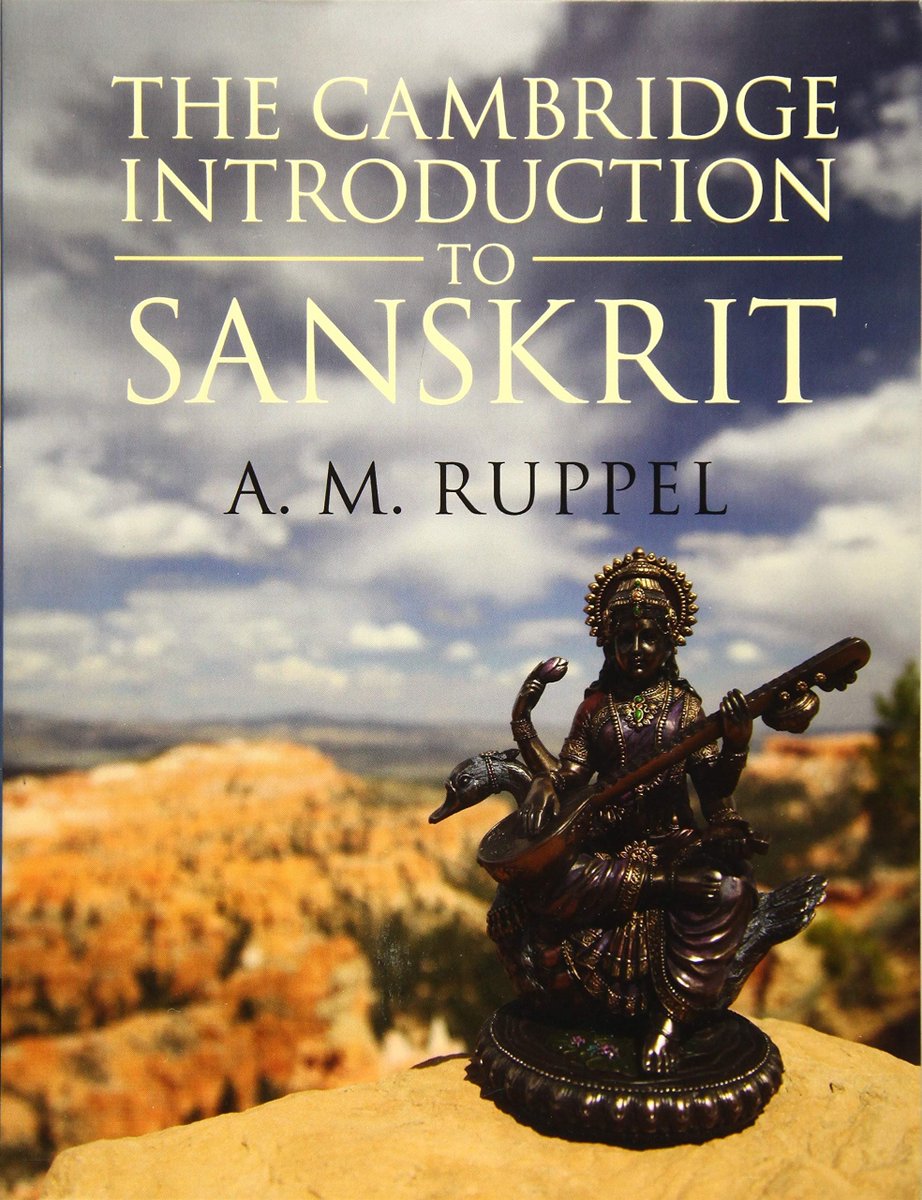
Website: https://t.co/tRcyVG8fTq
Video Series: https://t.co/zifnEHWwVJ
This book is great for learning Sanskrit with the traditional western grammar terminology. It is conscise & grammar focused. It is like a handy reference for grammar concepts. Disadvantage? Not enough reading.
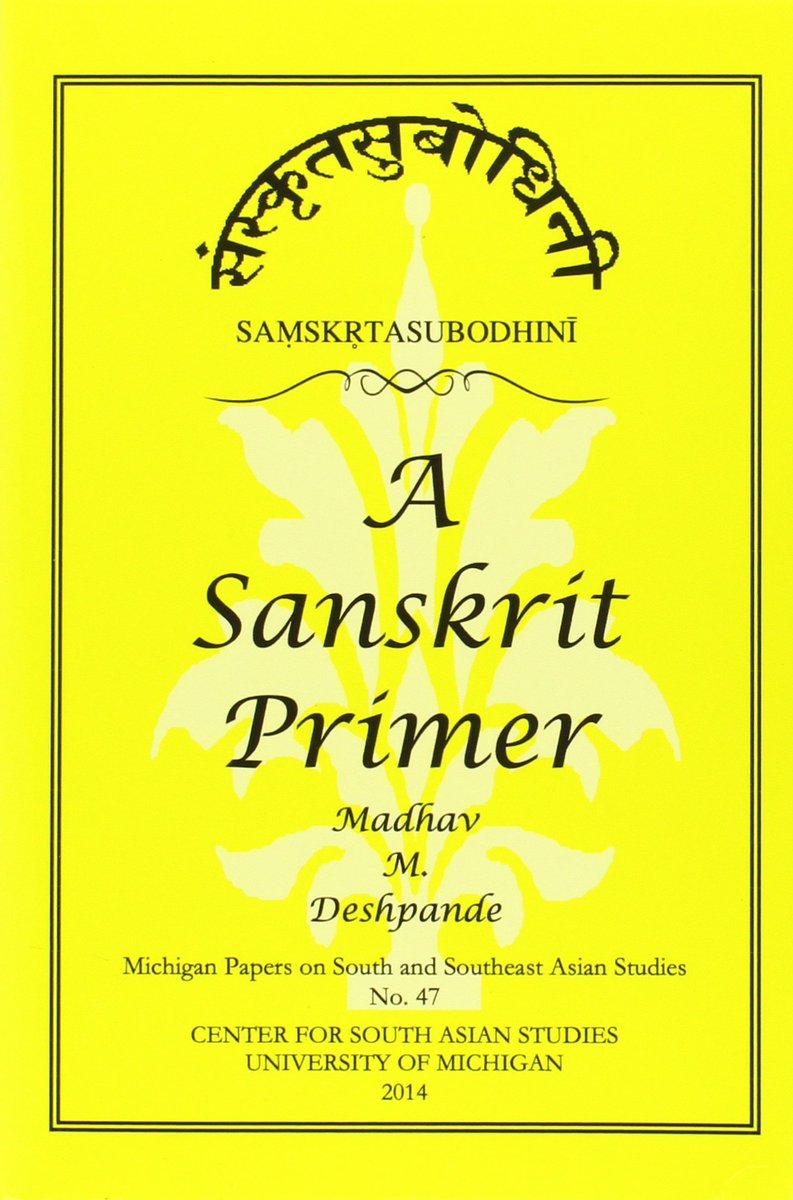
Advantage? It has an accompanying website: https://t.co/PXn11mHCG3 (not run by Prof. Deshpande)
This is the best western course so far. It's biggest advantage? It explains every single grammatical concept in full depth and uses Pāṇinian AND Western terminology. It also has enough readings. (at the end too). I vouch for it.
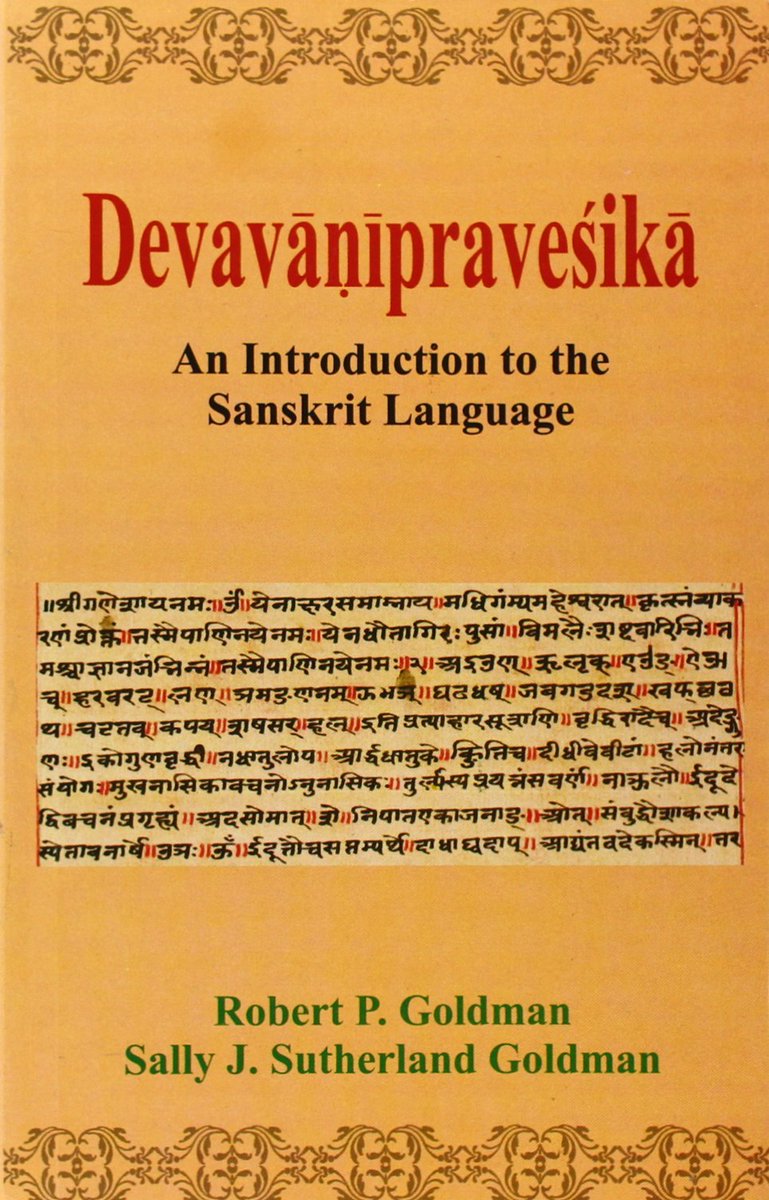
The real answer, if you get serious about Sanskrit, you should read them all eventually.
1) Rāmopākhyāna - Peter Scharff
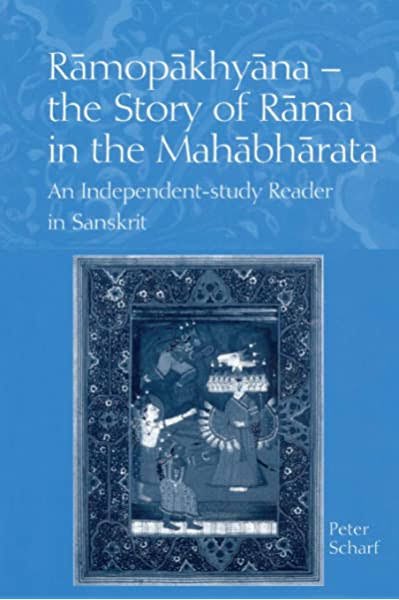
More from Indian History
More from Culture
In a recent article published in the Stern, there is now a criminal complaint filed against Michael Inacker, the then CEO of the PR firm WMP for what includes allegations of the knock out payments from the emirate of Qatar to hide a dossier for their role in financing Hezbollah
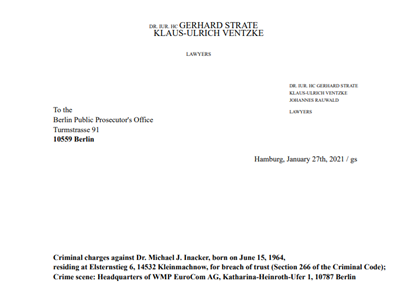
That allegedly 750,000 euros, which would have been divided between Jason and Michael.

In return, "Jason" was supposed to keep to himself the information he had researched in Qatar, that a high-ranking person in the emirate of Qatar was financially supporting Hezbollah.
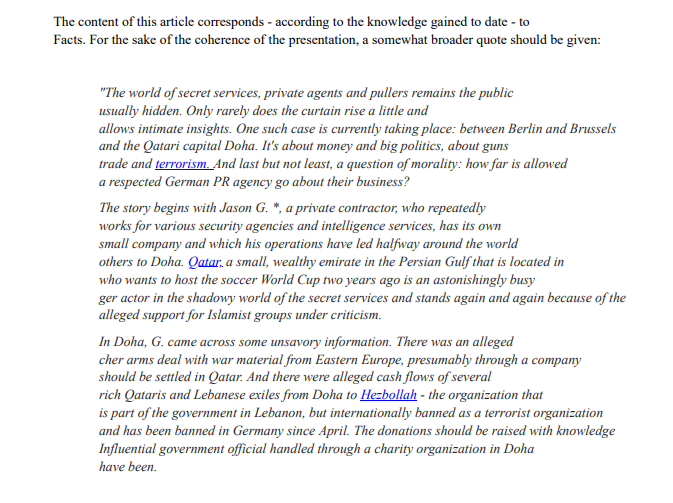
https://t.co/TdaAECu35a

There is an interesting point in the article, WMP (Inacker) still had PR contracts with both Qatar and Saudi and “Jason” had some information about arms deliveries organized by people from Qatar with suppliers in Belarus, Serbia, Macedonia, and Yemen.

That allegedly 750,000 euros, which would have been divided between Jason and Michael.

In return, "Jason" was supposed to keep to himself the information he had researched in Qatar, that a high-ranking person in the emirate of Qatar was financially supporting Hezbollah.

https://t.co/TdaAECu35a

There is an interesting point in the article, WMP (Inacker) still had PR contracts with both Qatar and Saudi and “Jason” had some information about arms deliveries organized by people from Qatar with suppliers in Belarus, Serbia, Macedonia, and Yemen.


